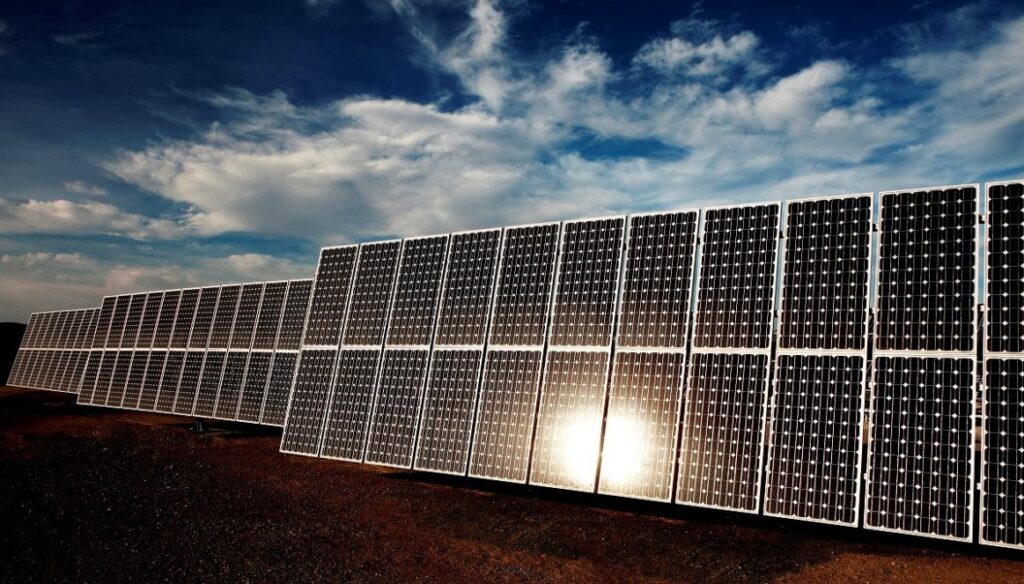The power generation efficiency of solar panels can be affected by outdoor temperature. While solar panels generate electricity from sunlight, their performance can be influenced by temperature variations. Generally, as the temperature increases, the efficiency of solar panels decreases.
- Temperature coefficient: Most solar panels have a temperature coefficient that represents the rate at which their power output decreases with increasing temperatures. This coefficient typically indicates the percentage decrease in efficiency per degree Celsius rise in temperature above a standard reference temperature. High temperatures can lead to a reduction in the voltage output of the solar cells, which affects the overall power output of the panel.
- Heat-related losses: Higher temperatures can cause an increase in resistive losses within the solar cells and other components of the photovoltaic system. These losses can lead to a decrease in the overall electrical efficiency of the solar panel.
- Thermal management: Excessive heat can affect the thermal management of the solar panels, potentially leading to a decrease in performance and overall system reliability. Efficient heat dissipation mechanisms, such as adequate air circulation or cooling systems, may be required to mitigate the impact of temperature on the solar panel’s efficiency.
It’s important to note that while high temperatures can negatively affect the efficiency of solar panels, certain types of solar panels may perform better in hot climates due to their design and material composition. Manufacturers are continually developing innovative technologies and materials to mitigate the impact of temperature on solar panel efficiency, thereby improving overall performance and reliability, especially in diverse environmental conditions. Proper system design, installation, and maintenance can also help optimize the performance of solar panels and mitigate the effects of temperature on their efficiency.


